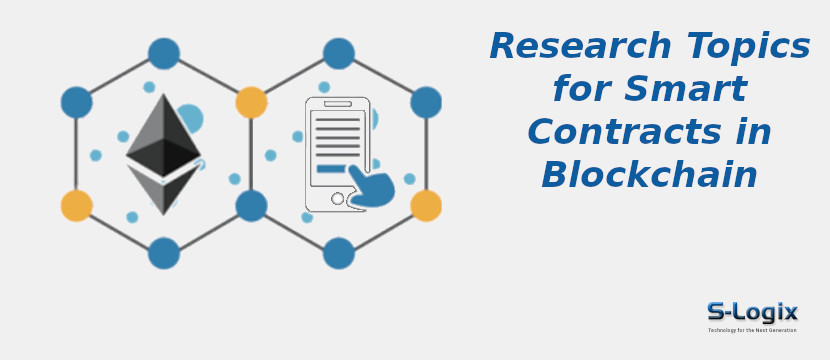Smart contract in the blockchain is defined as simple programs that run the blockchain technology that meets the predefined network conditions. Smart contracts shrink the time losses and neglect the involvement of third-party by executing the predefined agreement during transactions. The most familiar Ethereum blockchain comprises smart contracts. It returns the smart contracts with the assistance of a solidity programming language called Turing-complete. By accumulating the smart contracts, the blockchain automatically triggers the next transactions by successfully meeting the predefined conditions. The blockchain smart contracts met the predefined conditions by taking the actions like fund releasing to appropriate entities, registering the vehicles, ticket issuing, and notification sent.
Advantages of Utilizing Smart Contracts in Blockchain Technology:
• Increasing the speed with high accuracy
• High trust and transparency
• Efficient savings
• Better security
Applications of The Blockchain Smart Contracts
• Safeguarding the medication efficiency
• Enhancing the trust of relationships between retailers and supplier
• Building rapid international trade with high efficacy
